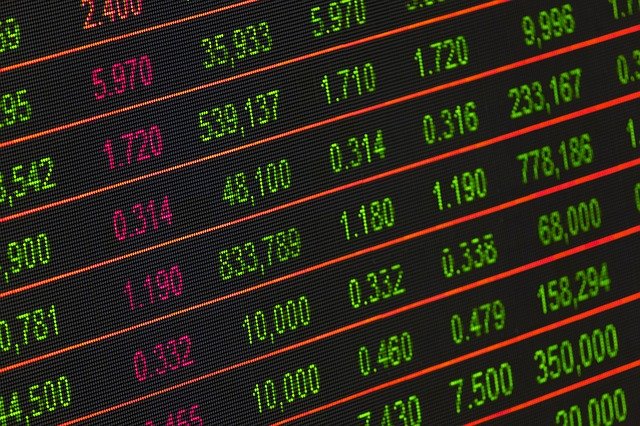Finance & Business
What is spot trading, outright trading and swap trading?

What is spot trading?
Spot trades are not only used in Forex trading, but also in other areas. Basically, this is a trade that is concluded immediately. This means that the delivery of the goods takes place at the same time as the payment. In Forex trading, spot transactions refer to actions that are settled within two banking days. This means that only 48 hours elapse between the purchase of a trade and the day on which the return is due. About 40 percent of all forex trades are settled as spot trades. The trading basically takes place among the major banks. Therefore, this model is often referred to as interbank markets. A spot has the advantage that, unlike other forex transactions, no NFA fees are charged.
Spot forex transactions are always traded on margin. A special feature is the currency pair US dollar to Canadian dollar. Here, the trading time is not 48 hours, but rather ends at the beginning of the following banking day. Thus, this pair can generate higher returns than other currencies, because the value of the end day flows into the corresponding trade.
What is outright trading?
In an outright trade, certain amounts of foreign exchange are sold or bought by means of a forward transaction. As a rule, such transactions are used to hedge another payment. In most cases, this form of foreign exchange trading is carried out by banks themselves. However, the circle of traders is not limited to other banks. Much more, private individuals can also invest in these trades and thus acquire lots in the outright trades. This ensures the highest possible return for the banks, because here too, in principle, only the margin is bet. However, the return on capital also counts, so that the loss or profit of the investors is very much of importance. Outright trades represent only a small part of Forex trading. Nevertheless, they are of considerable importance, especially for central banks. Outright trades are also popular when speculating on forex rate changes. However, they can also be used for hedging purposes, for example, when a central bank does not want the exchange rate of a certain currency to fall below a specified minimum value. Qutright transactions are always solo transactions, because the derivative is always put into circulation by a bank. As a rule, these transactions are then also concluded with only one other major bank.
What is swap trading?
Swap transactions are a type of forex forward transactions. This is basically about who makes the better exchange, as the word swap translates to “to swap”. Swaps are often used by banks to hedge risk. However, they are also used as an instrument on the open forex market, where swaps are used to optimize returns. Swaps usually involve trading interest rates, price fluctuations or credit defaults. In this case, bets are placed on the probability of a certain price fluctuation occurring or a loan defaulting. To better illustrate the principle of swaps, an example will be used. A company A borrows an amount of 10 million euros from a bank x. To minimize the risk of rising interest rates, company A turns to a financier who offers a favorable fixed interest rate for the loan. In this transaction, the financier always pays the variable interest rate to the bank.
Since the financier assumes and speculates on falling interest rates, he will have earned a corresponding return at the end of the term. If he is wrong, he will emerge from the swap with a loss. This simplest form of swap is absolutely identical to the transactions on the Forex exchange, because the principle of trading is the same. Swap transactions involve the highest risk of all Forex transactions, because their course is in most cases unpredictable.

